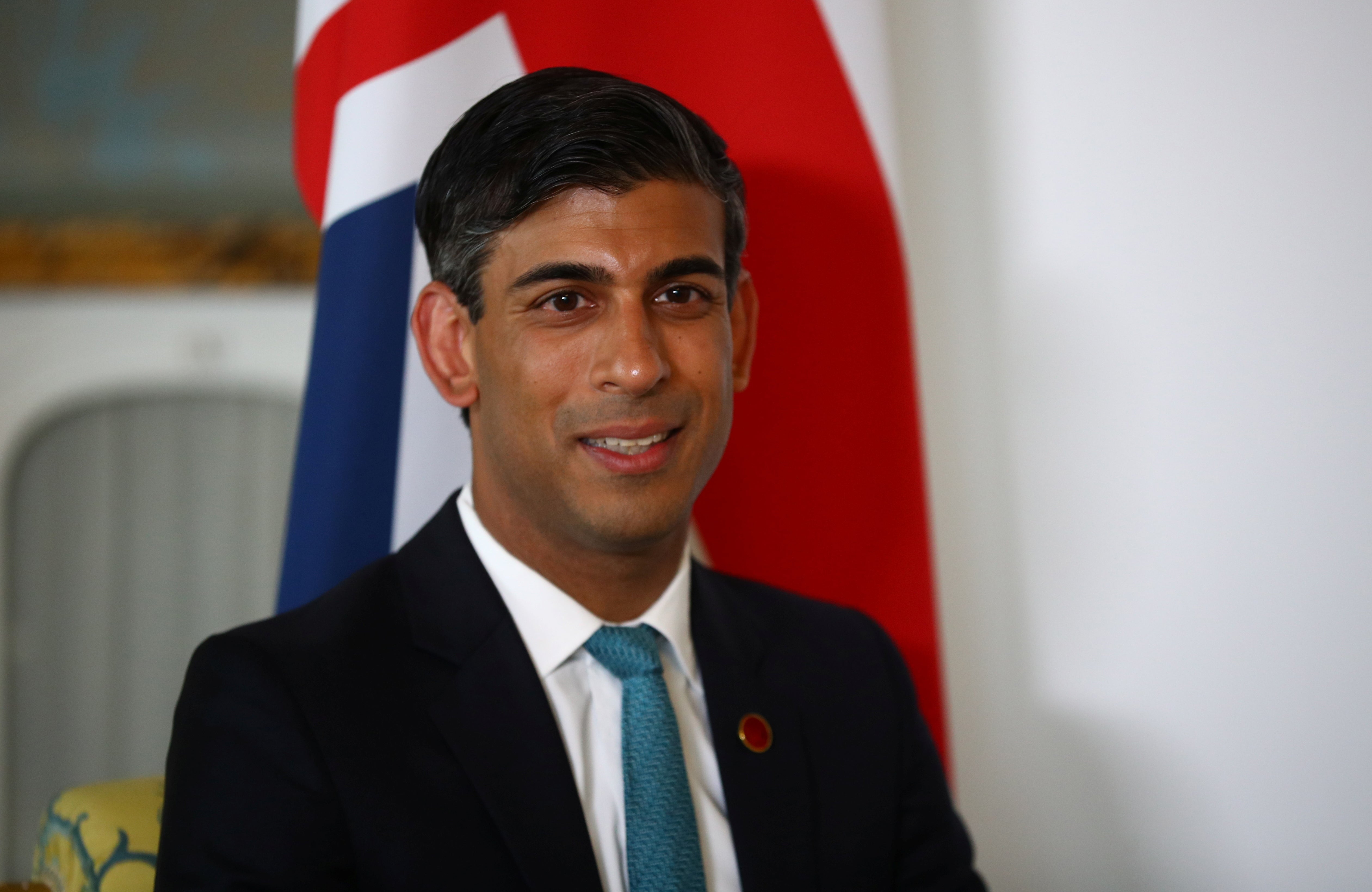Borrowing cheer to prove short-lived for Chancellor, warns think tank
The Institute for Fiscal Studies said Rishi Sunak will face a ‘very difficult’ autumn spending review.

Government borrowing is set to come in lower than feared this year but the respite will be only temporary due to permanent economic damage caused by the pandemic, an influential think tank has warned.
The Institute for Fiscal Studies (IFS) is now forecasting borrowing in 2021-22 to undershoot the £234 billion pencilled in at the March Budget by around £30 billion thanks to a marked recovery in the economy.
Official figures on Wednesday are expected to show borrowing fell once again in June to £21.9 billion from eye-watering levels seen a year earlier as tax receipts rise on the back of surging growth.
This follows a sharp fall in borrowing to £24.3 billion in May from £43.8 billion a year earlier.
Our forecasts suggest the Chancellor has almost no additional wiggle room for permanent spending giveaways if he is to remain on course to deliver the current budget balance
But despite this brighter short-term outlook, the long-term picture is far more gloomy for both the economy and the public finances, according to the IFS.
In its latest report, the IFS said economists at Citi predict the cash size of the economy will be 3% smaller than official pre-Covid forecasts by the middle of the decade as the pandemic leaves behind permanent scars.
It added that even with the £30 billion short-term borrowing improvement, this would still leave borrowing at £203 billion in 2021-22, or 8.8% of national income – the third highest level since the Second World War.
The IFS cautioned that the medium-term growth hit from the pandemic, together with rising debt interest costs on UK borrowing, will put Chancellor Rishi Sunak under pressure ahead of the autumn spending review.
Isabel Stockton, research economist at the IFS and an author of the report, said: “Stronger economic growth and, with it, stronger receipts will be welcome news to the Chancellor.
“But in the near term, borrowing remains very high, and the extent to which lower borrowing this year will translate into lower borrowing further forwards is highly uncertain.
“Indeed, our forecasts suggest the Chancellor has almost no additional wiggle room for permanent spending giveaways if he is to remain on course to deliver the current budget balance.”
The IFS estimates that if the Chancellor sticks to his existing spending plans, it would mean £17 billion less spent on public services a year than planned before the pandemic – in spite of the extra pressures caused by the crisis.
It comes after the Office for Budget Responsibility (OBR) said earlier this month that Mr Sunak will need to stump up an extra £10 billion a year for three years to fund a spending black hole on the NHS, schools and public transport caused by the pandemic.
Ms Stockton said: “This suggests a very difficult spending review.
“Any additional spending to meet the demands and cost pressures from Covid, or to meet pre-existing spending demands such as for social care, would potentially require spending cuts elsewhere or further increases in tax.
“Of course, the Chancellor could decide he is comfortable borrowing more. If that’s the case, he should say so explicitly.”
Bookmark popover
Removed from bookmarks